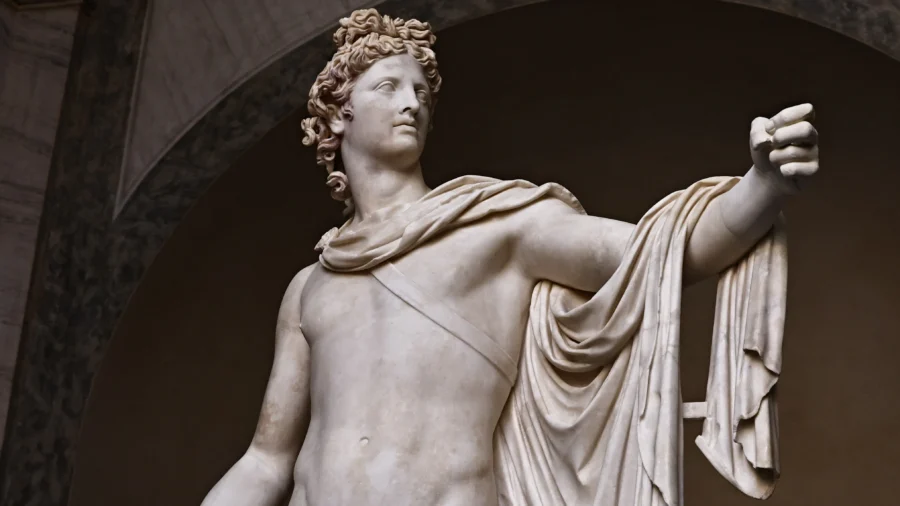VATICAN CITY—The Vatican Museums unveiled on Tuesday a restoration of one of the crown jewels of their collection, a 2nd century marble sculpture of the Greek god Apollo that has inspired generations of artists and poets.
Restoration experts spent years working on the “Apollo Belvedere,” repairing fractures in its knees and legs, cleaning the entire cream-coloured statue with lasers, and installing a carbon fibre pole anchored to its base to increase stability.
“This type of restoration…is the expression of what we want the Vatican Museums to be,” said Barbara Jatta, the Museums’ director. “A balance of tradition, linguistics and study, with a gaze that looks to the future.”
The Vatican Museums, which house some of the world’s greatest Renaissance masterpieces as well as ancient Roman and Egyptian artefacts, are the Holy See’s most reliable source of income. They receive some seven million visitors a year, generating income of around $100 million.
The “Apollo Belvedere” was one of the first works featured in the Museums. It shows the god having just shot an arrow and is famed for its delicate musculature and lightly curled hair.
The sculpture is believed to be a Roman copy of an original Greek bronze statue. It was brought to the Vatican by Pope Julius II in the early 16th century.
The statue was removed from public exhibition in 2019, when museum staff noticed small fissures in its legs.
The structure was in an “incredibly dramatic” condition, said Guy Devreux, a curator in the Museums’ stone and marble restoration workshop.
The restoration project was paused for about two years during the pandemic, when the Museums underwent several long closures due to Italy’s lockdowns.
By Joshua McElwee

